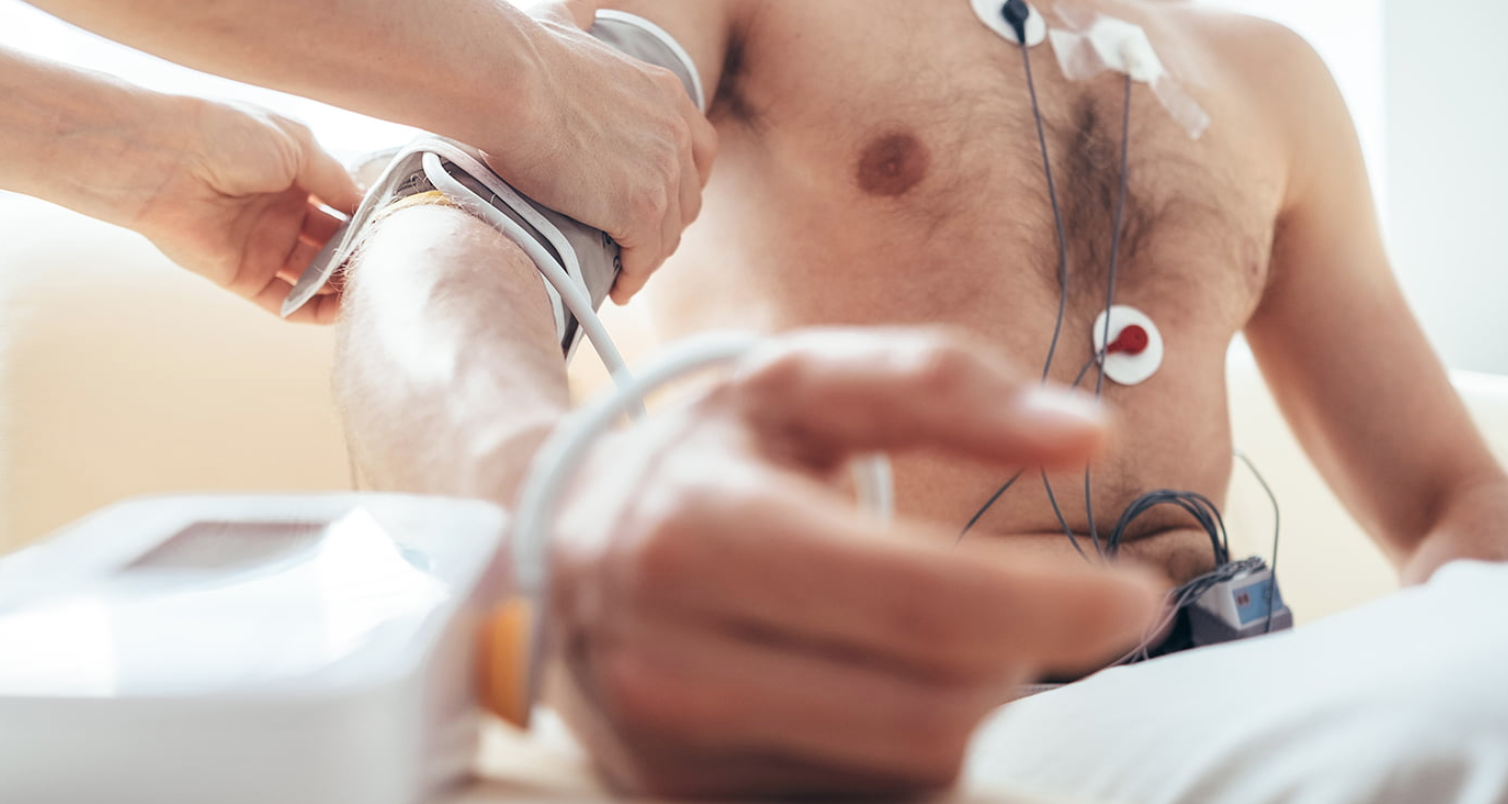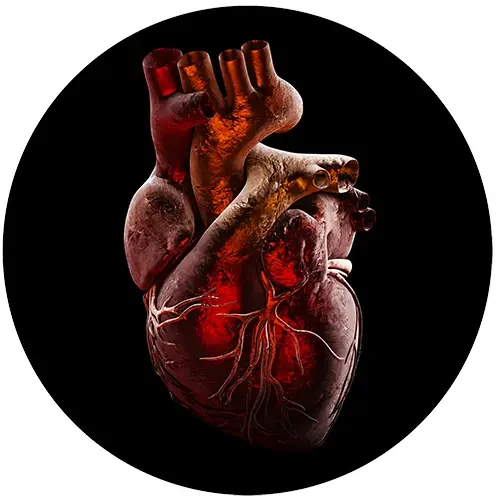Event Monitor
An event monitor is a portable device that is used to record the electrical activity of your heart. It records the same information as an EKG but for longer periods of time. An event monitor only records when you activate it, not continuously. It is used mainly to find heart rhythm problems that may be serious but occur only occasionally.
Some devices begin recording automatically if they detect abnormal heart rhythms. Most devices include a remote control for you to start a recording. Many event monitors send the information that was recorded directly to your doctor. For other devices, you might need to send the recordings over the phone to your doctor.
There are no risks associated with event monitors and they do not cause any pain. Sometimes the sticky patches that are used to attach the sensors to your skin can cause a bit of irritation. This goes away after a few days; hydrocortisone cream can help.
There are many different types of event monitors that work in different ways. Your doctor will teach you how to use your monitor properly.
Sometimes only a few recordings are needed before your doctor can identify a problem with your heart and you can stop wearing the monitor. Other times you may wear it for a month.
American Heart Association. (2016, September 30). Cardiac Event Recorder. Cardiac Event Recorder l American Heart Association. Retrieved October 29, 2020, from https://www.heart.org/en/health-topics/arrhythmia/prevention--treatment-of-arrhythmia/cardiac-event-recorder
Johns Hopkins Medicine. (n.d.). Event Monitor. Event Monitor l Johns Hopkins Medicine. Retrieved October 29, 2020, from https://www.hopkinsmedicine.org/health/treatment-tests-and-therapies/event-monitor
HCMA 6/2021










